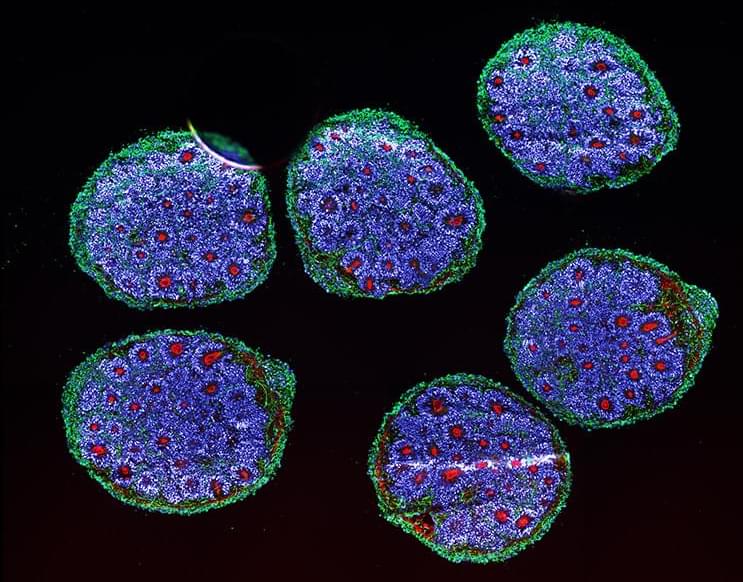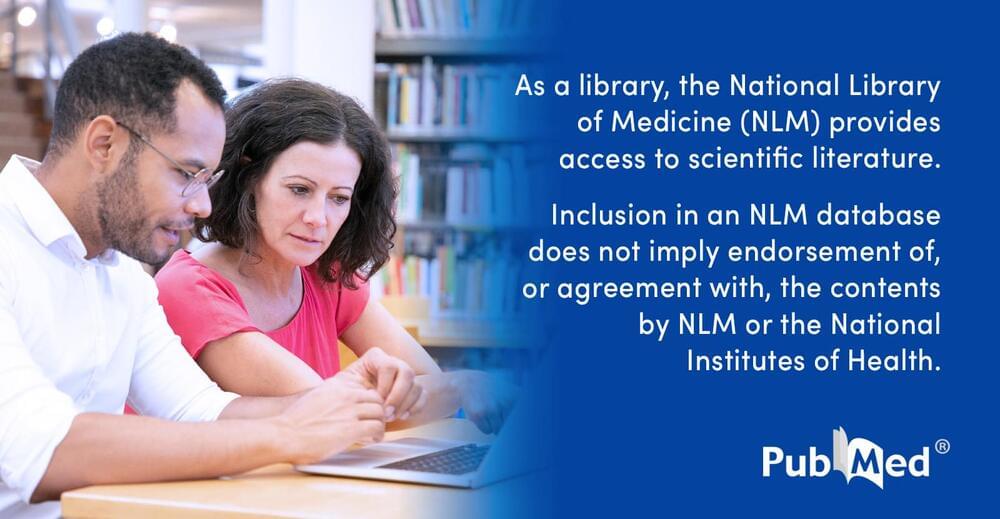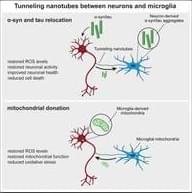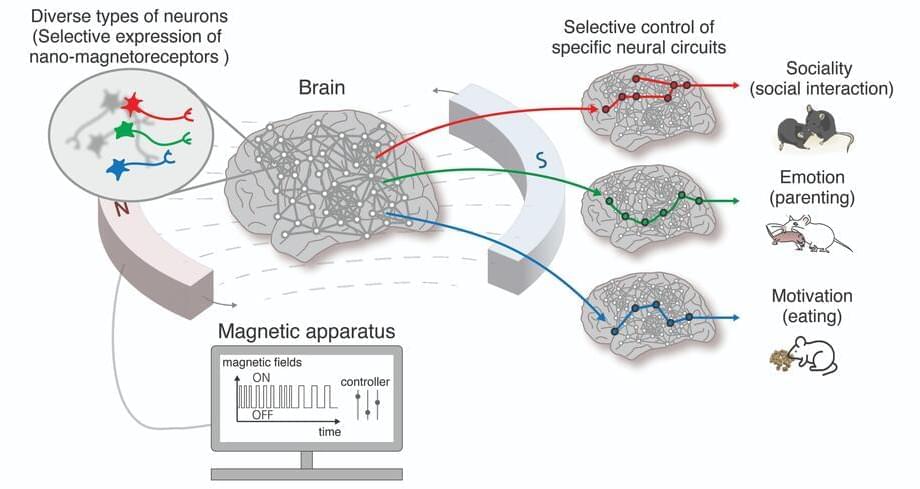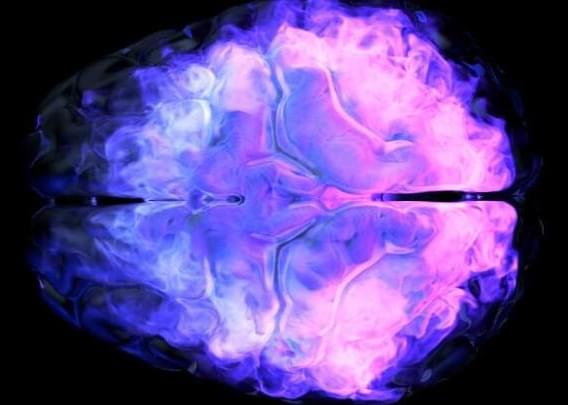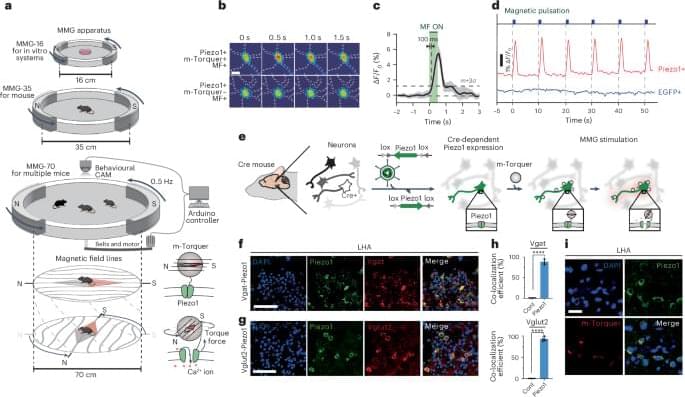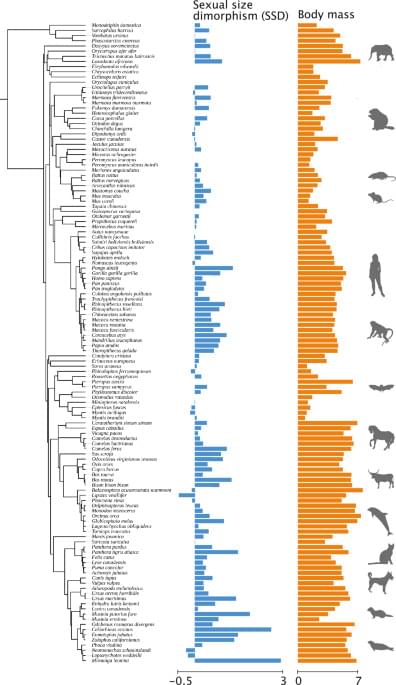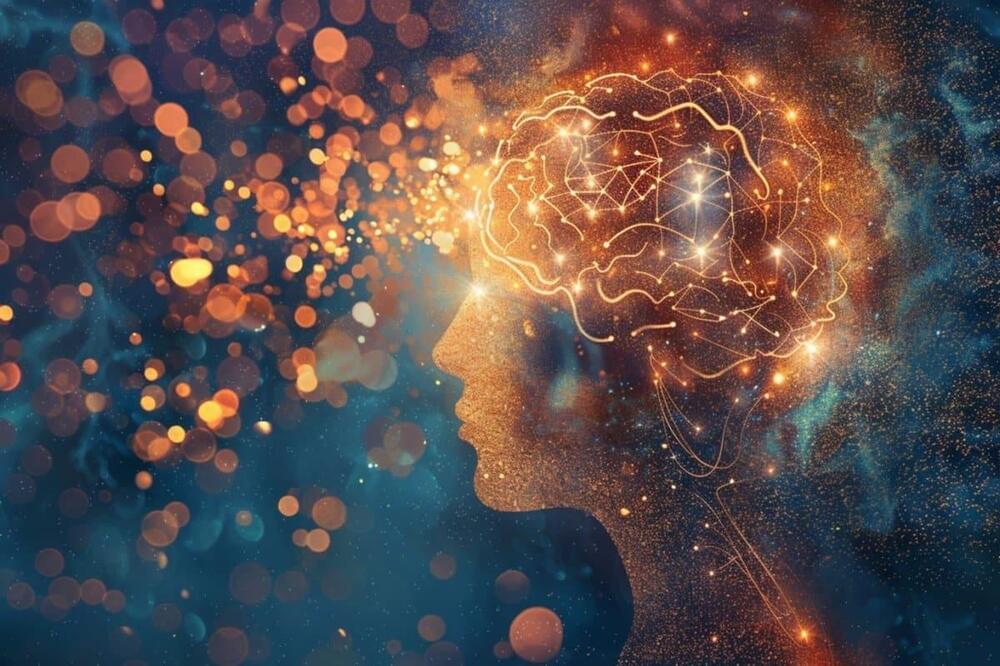Organoids are carefully grown collections of cells in a dish, designed to mimic organ structures and composition better than conventional cell cultures and give researchers a unique view into how organs such as the brain grow and develop. To make them experimentally useful, scientists need to determine how faithfully these models reproduce the behavior of cells in the body.
Now, researchers at the Broad Institute of MIT and Harvard and Harvard University have found that human brain organoids replicate many important cellular and molecular events of the developing human cortex, the part of the brain responsible for movement, perception, and thought. Their findings appear today in Cell.
The team grew brain organoids from stem cells and closely studied their growth over a six-month period, using tools that map cell position, gene expression, and chromatin accessibility — which determines how gene activity is regulated — at a single-cell level and over time. They then constructed an “atlas” characterizing more than 600,000 cells from organoids that were sampled as they developed and matured. The team found that after the first month, in each organoid they made, the same types of cells developed in the same order and expressed the same genes as cells in the developing human embryo.
